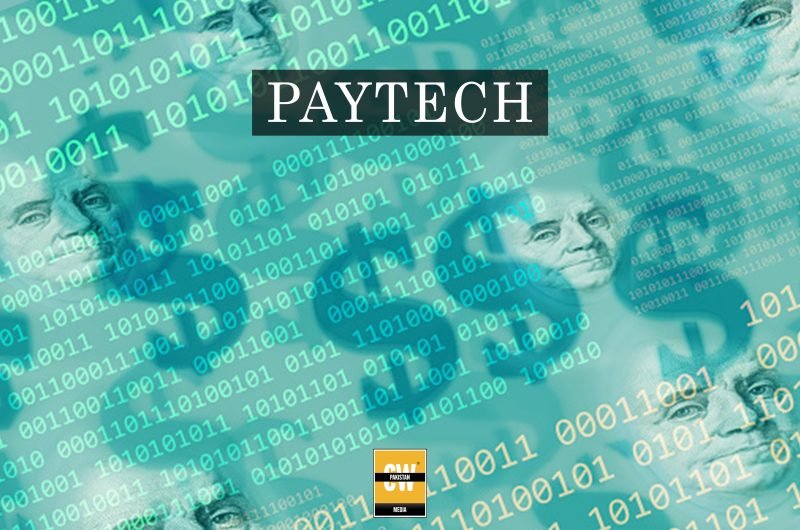Pakistani government is considering significant changes to its tax laws, which include imposing a 20% income tax on offshore digital services, introducing harsher penalties for tax fraud, and granting junior officers of FBR the power to arrest suspects without prior approval from higher authorities. These proposed amendments, which are part of the Tax Laws Amendment Bill 2024, are expected to have a substantial impact on the country’s tax system and the business community.
One of the primary proposals under consideration is to increase the income tax rate on offshore digital services from the current 10% to 20%. This new tax rate would apply to a wide range of services, including online advertising, digital content creation, website design and maintenance, email marketing, online computing, and e-commerce operations that target Pakistani users. The government aims to introduce a separate category, “fee for offshore digital services,” for these services, which were previously classified under “any other fee.” This tax hike is designed to generate additional revenue from the rapidly growing digital economy, aligning with global trends where many countries are introducing taxes on digital services provided by foreign companies.
In addition to this, the government is contemplating more stringent penalties for individuals involved in tax fraud, including a proposed 10-year prison sentence and a fine of up to Rs10 million. Tax fraud could involve a wide range of fraudulent actions such as understating or underpaying taxes, overstating tax credits or refunds, submitting false returns, or withholding correct information. Those found guilty of filing false purchases or sales—such as manipulating invoices or claiming transactions that don’t reflect actual goods or services—could face up to 10 years of imprisonment or heavy fines, or both. Furthermore, the government proposes a new definition of “abettor” to include anyone who aids or conspires in committing tax fraud. Abettors would face the same penalties as perpetrators.
The government is also working on empowering junior FBR officers with the ability to arrest individuals suspected of tax fraud without obtaining prior approval from the FBR commissioner. This would expedite the arrest process and prevent potential evasion of the legal system. The officer would have to report the arrest to the commissioner immediately, and if it is deemed unnecessary or made with malicious intent, the commissioner has the authority to release the suspect and initiate disciplinary action against the officer. The proposal also includes the provision for placing individuals on the Exit Control List (ECL) during investigations, preventing them from leaving the country while under investigation.
In another key amendment, the government is considering introducing restrictions on purchases for tax evaders. Ineligible individuals—those who evade taxes or fail to file returns—would be barred from buying significant assets such as homes, cars, or agricultural tractors. While the government originally proposed an exemption for agricultural tractors, the latest amendments indicate that even ineligible individuals would not be allowed to purchase them. However, some exceptions would remain, such as the purchase of motorcycles, rickshaws, and electric vehicles with certain specifications.
Sources also suggest that the government may introduce further amendments to the Tax Laws Amendment Bill before it is passed by the National Assembly. These amendments are awaiting the approval of key political allies, including the Pakistan Peoples Party (PPP). If approved, the bill will bring significant changes to Pakistan’s taxation system, focusing on curbing tax fraud and increasing compliance.
As part of the effort to address longstanding tax cases, the government is also considering the formation of a Review Committee to examine unresolved cases pending in high courts. This committee would review all applications and make recommendations to the Commissioner, who would be bound by its advice. This initiative aims to streamline the resolution of old tax cases and reduce the backlog in the legal system.
The Tax Laws Amendment Bill 2024, once passed, will mark a significant overhaul of Pakistan’s tax system, with a strong focus on enforcing compliance and addressing tax fraud. By granting more powers to FBR officers and introducing harsher penalties, the government seeks to bolster its revenue collection efforts and ensure that tax evasion becomes a risk that few are willing to take. As the bill moves through the legislative process, businesses and individuals alike will be watching closely to understand how these changes will impact them in the coming years.











